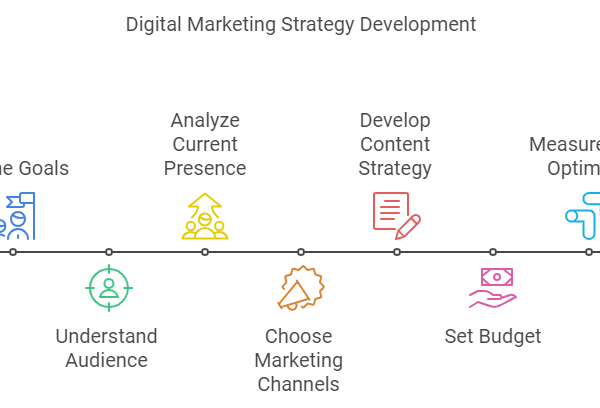
Introduction
Software testing plays a key role in ensuring the quality and reliability of software applications in today’s rapidly evolving technological landscape. The International Software Testing Qualifications Board (ISTQB) has emerged as a globally recognized standard for software testing certification. Hence, providing a systematic and comprehensive framework for professionals in the field. Software testing is not merely about finding and fixing bugs. However, it is a systematic process aimed at ensuring that a software application meets its specified requirements and delivers optimal performance. Moreover, effective testing involves various activities. This includes requirement analysis, test planning, test design, execution, and result analysis. So, the goal is to identify defects early in the development life cycle. Thus, reducing the cost of fixing issues and enhancing the overall quality of the software. So, it is an important part of the whole software development. Therefore, the ISTQB Software Testing Certification is in huge demand not only among learners but also among professionals.
Key Principles and Secrets of Effective Software Testing
Structured Test Planning:
- ISTQB emphasizes the importance of thorough test planning before the commencement of testing activities. So, this involves defining test objectives and identifying test conditions. And developing a comprehensive test strategy to guide the testing process.
- Effective test planning ensures that testing efforts align with project goals and objectives. Hence, maximizing the chances of uncovering critical defects.
Comprehensive Test Design:
- ISTQB advocates for systematic test design, where test cases are derived from well-defined test conditions and test scenarios. So, this ensures that test coverage is thorough and that the most critical aspects of the software are thoroughly tested.
- Test design techniques, such as boundary value analysis and equivalence partitioning, are part of the ISTQB syllabus. Therefore, it equips testers with powerful tools to create effective test cases.
Efficient Test Execution:
- ISTQB certification prepares testers to execute test cases efficiently. Thus, taking into account factors such as test data preparation, environment setup, and execution prioritization.
- Testers learn to log defects accurately. Therefore, providing developers with clear and actionable information to facilitate faster bug resolution.
Defect Life Cycle Management:
- The ISTQB framework places a strong emphasis on understanding the defect life cycle. Therefore, testers get the training not only to identify defects but also to track and manage them effectively.
- This ensures the addressing of defects promptly. Hence, preventing the accumulation of unresolved issues that could impact project timelines.
Continuous Improvement and Learning:
- ISTQB promotes a culture of continuous improvement in software testing. Additionally, certified professionals are essential to stay up to date with the latest industry trends, tools, and best practices.
- The certification framework instills a mindset of lifelong learning. As a result, it ensures that testers remain agile and adaptable in the face of evolving technologies.
Benefits of ISTQB Certification for Individuals and Organizations
Global Recognition:
- ISTQB certification is globally recognized. Hence, providing individuals with a certification that is respected across industries and geographical boundaries.
Consistency in Testing Practices:
- Organizations benefit from a consistent and standardized approach to testing. As a result, it leads to improved communication and collaboration among team members.
Increased Confidence in Testing Results:
- Certified testers bring a higher level of expertise and confidence to their testing activities. Undoubtedly, this reduces the likelihood of critical defects slipping through the cracks.
Cost and Time Savings:
- Early detection and resolution of defects, as advocated by ISTQB principles. This results in cost and time savings by minimizing the impact of issues on later stages of the development life cycle.
Conclusion
Effective software testing is a multiple process that requires a combination of skills, methodologies, and a strong foundation in testing principles. So, the ISTQB certification serves as a valuable asset for individuals seeking to enhance their testing expertise and for organizations seeking to implement best practices in software testing. And this is the reason why people are searching for this certification all over India. one can find this course in every metropolitan city. However, Istqb Certification Fees In Pune are considerable to choose it as an option. Certainly, by unlocking the secrets of effective software testing with ISTQB, professionals, and organizations can ensure the delivery of high-quality software. So, this helps to meet user expectations and withstands the challenges of the dynamic IT landscape.











